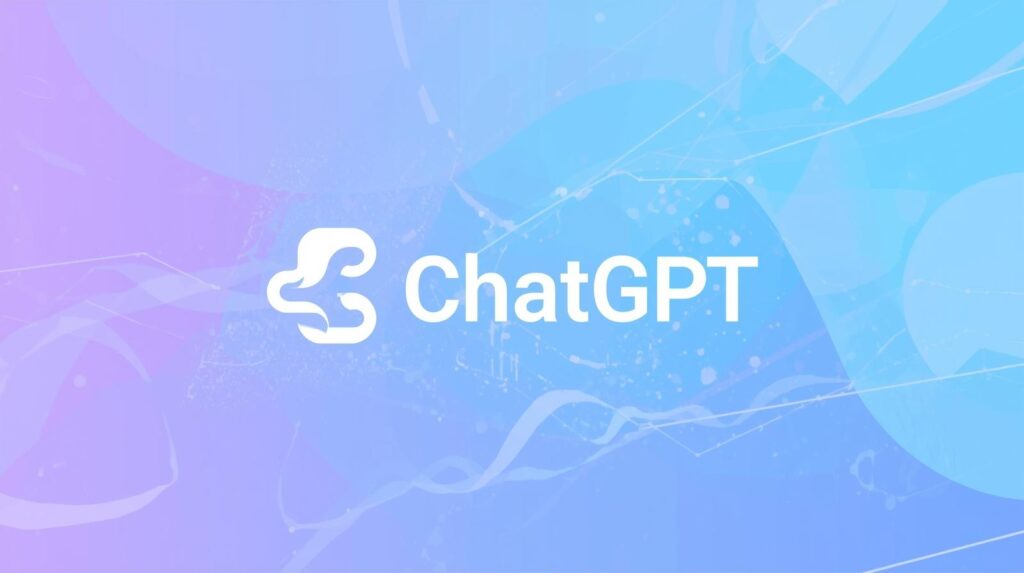OpenAI Claims ChatGPT Could Replace 44 Jobs — But Should We Be Worried?
OpenAI’s new GDPval benchmark shows ChatGPT can already replace 44 professions. But experts warn of risks, limits, and social inequality.

Table of Contents
A New Benchmark From OpenAI
OpenAI has introduced GDPval, a new evaluation system designed to measure which jobs AI models are already capable of performing. According to the company, the goal is to ground discussions about artificial intelligence in evidence rather than speculation.
“People often speculate about AI’s global impact, but the clearest way to understand its potential is to examine what models can already do,” the company explained in a blog post.
44 Professions at Risk of Automation
The first GDPval results are striking: OpenAI believes that ChatGPT and similar models could significantly impact 44 professions. Among them are:
- Real estate agents
- Social workers
- Industrial engineers
- Software developers
- Lawyers
- Nurses
- Customer service representatives
- Pharmacists
- Financial advisors
- Private detectives
To make the risks more tangible, OpenAI gave practical examples: AI could evaluate skin lesion images to support nurses, or even generate real estate brochures for agents.
Between Promise and Skepticism
At first glance, the idea of AI boosting productivity sounds revolutionary. However, critics remain skeptical. Many argue that AI still suffers from hallucinations—producing false or misleading information—which means human supervision is often required.
There are already cautionary tales: developers debugging AI-generated code that doesn’t work, or lawyers sanctioned for citing fabricated legal precedents produced by ChatGPT.
So the question remains: can AI truly replace these jobs, or is it better seen as a tool that assists professionals rather than eliminates them?
OpenAI’s Bold Claims
OpenAI’s CEO, Sam Altman, has repeatedly made headline-grabbing statements about AI’s capabilities. He once claimed GPT-5 had “PhD-level intelligence,” and even went so far as to say the model is “smarter than me.” Yet, independent evaluations show that these claims are often exaggerated—sometimes to the point of being totally false.
This fuels concerns that aggressive marketing is shaping public perception more than actual technical progress.
The Social Impact: Help or Catastrophe?
OpenAI insists that AI is meant to support workers rather than trigger mass unemployment. In theory, AI could handle repetitive or administrative tasks, freeing up humans for creative or complex work.
But there’s another side to the coin: widespread adoption of AI could lead to job inequality and social disruption. If only some professions or regions benefit while others collapse, the result could be devastating.
History has shown that technology-driven cost-cutting often favors businesses over employees, raising questions about fairness, ethics, and long-term consequences.
Proceed With Caution
The GDPval benchmark highlights AI’s growing potential, but it also underlines its limitations. Yes, models like ChatGPT can handle well-defined, repetitive tasks faster and cheaper than humans. However, most jobs are far more than a checklist of tasks—they require judgment, empathy, and adaptability that machines still lack.
For now, the safest conclusion is that AI will reshape work rather than simply replace it. The future of jobs will likely involve humans and AI working side by side, not one eliminating the other.




